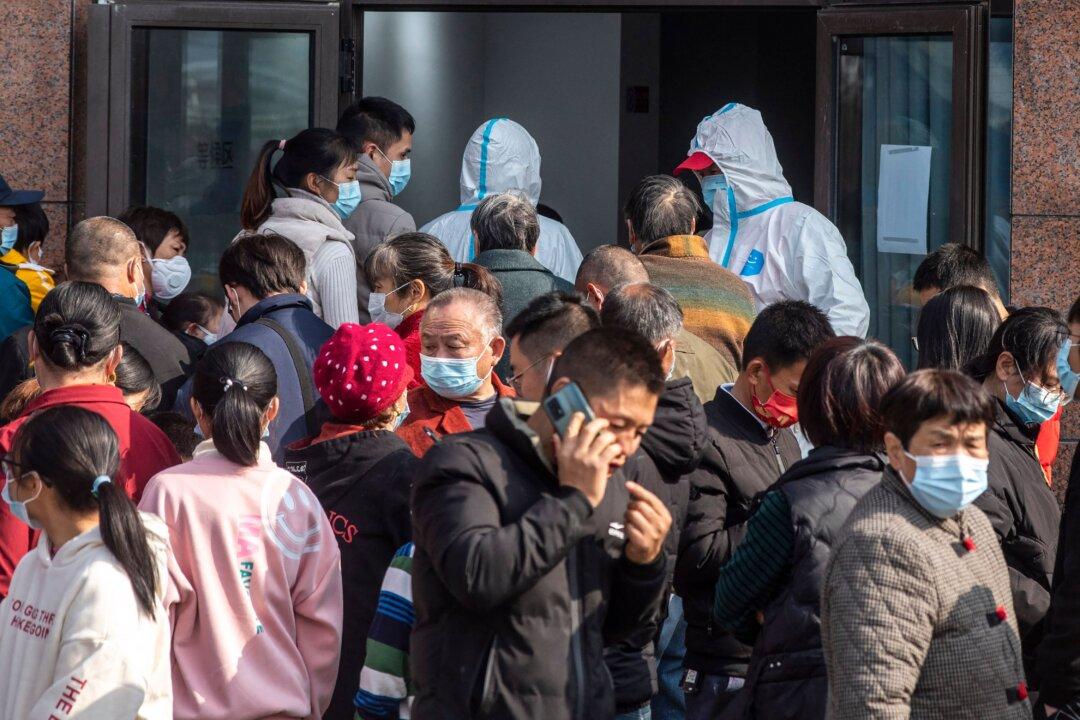Recently, major cities in China’s Yangtze delta have been shut down due to the rapid spread of COVID-19. Production in factories has also been suspended indefinitely in the industrial and commercial hub, while citizens locked in their homes are having difficulties accessing food and medicine.
According to the numbers released by Zhejiang Provincial authorities, from Dec. 5 to 14, Ningbo, Shaoxing, and Hangzhou have reported a total of 235 confirmed cases of COVID-19. On Dec. 17, 44 cases were reported in one day in the 3 cities. Zhejiang authorities announced on Dec. 13 that 3 major cities in the province—Hangzhou, Shaoxing, and Ningbo will be under strict travel control, preventing people from traveling in and out until March 15 next year.




